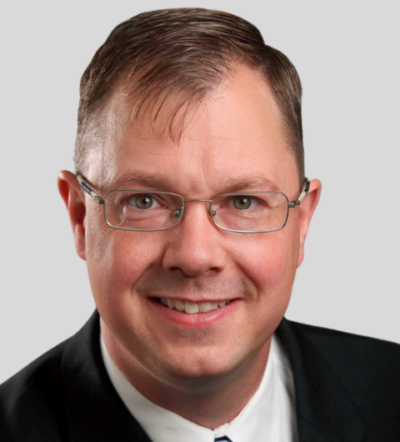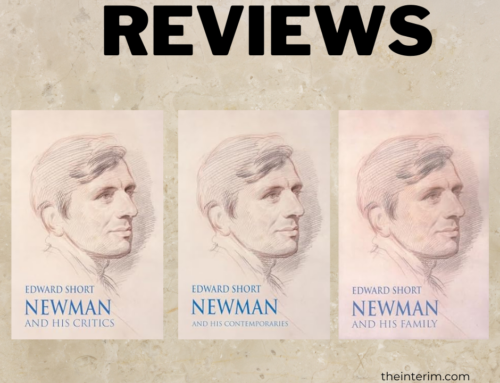John Carpay:
 In Latin, the word secular simply means “of this world,” and neither affirms nor denies any “religious” doctrine as such. Over time, the word secular has come to mean “non-religious.” After more than four centuries of loyal devotion to Catholicism, Quebecers in the 1960s began the process of ejecting the Church from schools, universities, hospitals, nursing homes, hospices, unions, orphanages, and many other institutions and services. In the name of secularism (la laïcité), Catholic and Protestant school boards were replaced with English and French school boards.
In Latin, the word secular simply means “of this world,” and neither affirms nor denies any “religious” doctrine as such. Over time, the word secular has come to mean “non-religious.” After more than four centuries of loyal devotion to Catholicism, Quebecers in the 1960s began the process of ejecting the Church from schools, universities, hospitals, nursing homes, hospices, unions, orphanages, and many other institutions and services. In the name of secularism (la laïcité), Catholic and Protestant school boards were replaced with English and French school boards.
In 2019, Bill 21 (An Act respecting the laicity of the State) prohibited the wearing of religious symbols by civil service employees in positions of authority, including teachers, judges and police. The Supreme Court of Canada has agreed to hear a constitutional challenge to Bill 21.
In December 2024, Quebec Premier François Legault stated publicly that he wanted to prohibit people from praying in Quebec’s streets and public parks, declaring that Islamists must respect the fundamental values of Quebec. If passed into law, this proposed ban would presumably apply to all religious adherents, not only Muslims.
Governments today fund (and also run and manage indirectly) almost all schools, universities, hospitals, nursing homes, hospices, orphanages, libraries, and other places that many consider to be “public” spaces. Stores, restaurants, factories and other businesses are also heavily regulated by governments, and subject to human rights codes and numerous other laws, and many also consider them to be “public” spaces. If religious practice and expression are banned from all “public” spaces, secularism effectively becomes state-enforced atheism.
Everyone adheres to a belief system that answers questions about what is good or evil, what society’s highest priorities should be, the purpose of human life, the existence of God, and the nature of reality. Math, physics, chemistry, and biology cannot measure or evaluate these metaphysical topics. For example, the belief that sex can be legitimately divorced from marriage and procreation and used for pleasure alone is as much a “religious” (albeit secular) belief as the opposite, non-secular, belief: that sex should occur only within marriage, and always be open to procreation. Secularism is a religion to the extent that it seeks physical, moral, and intellectual progress for humankind.
Properly understood and applied, secularism should create a level playing field for all worldviews, including religious ones, without imposing an atheistic or agnostic perspective as the only valid approach to society, politics, and law. As a “non-religious” religion, secularism complies with the Canadian Charter of Rights and Freedoms when it merely seeks to establish equality between itself and other religions in the public sphere.
Conversely, secularism runs afoul of the Charter when it denies adherents of traditional and identifiable religions (e.g. Judaism, Hinduism, Buddhism, Islam, Christianity) the ability to fully participate in democracy, public debate, and the development of public policies and laws. As explained by theologian Shafi Mostofa, intolerant secularism can “relegate religious viewpoints to the sidelines or even exclude them altogether, ultimately culminating in a dearth of diversity within deliberations and the formulation of decisions.” He argues that removing “the profound ethical and moral guidance that many religious traditions have provided over centuries” can “lead to a significant loss of valuable insights into fundamental questions surrounding morality and values.”
The Charter imposes the principle of state neutrality on Canada’s federal and provincial governments: they must refrain from favouring or opposing any one religion. When secularism is merely a synonym for state neutrality, it does not conflict with the Charter.
In contrast, aggressive and intolerant versions of secularism, when they seek to drive one religion (or all religions) out of the public square entirely, run afoul of the Charter and its vision of a free and democratic society. Premier Legault’s proposed ban on public prayer in parks and on streets is an unjustified violation of the Charter-protected freedom of conscience and religion.
A healthy, tolerant secularism insists on state neutrality while also fully respecting the freedom of all human beings to practice their faith (individually and in association with others), and to live out their lives in accordance with their conscience and with their deeply held convictions. A toxic, intolerant secularism seeks to become the sole and controlling religion in the public square, dominating society and politics, all while pretending that it’s not a religion. Hopefully, Quebec (and the rest of Canada) will choose the healthy, tolerant secularism on which a free and democratic society relies for its success.
John Carpay is president of the Justice Centre for Constitutional Freedoms.




